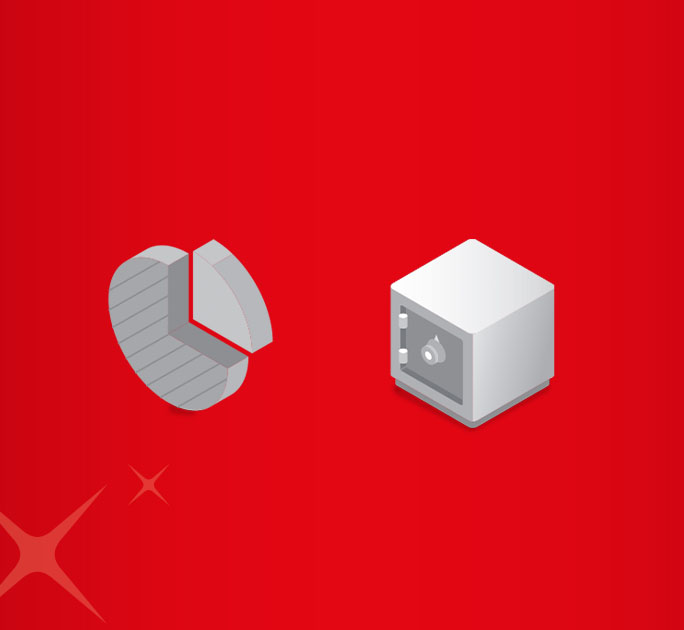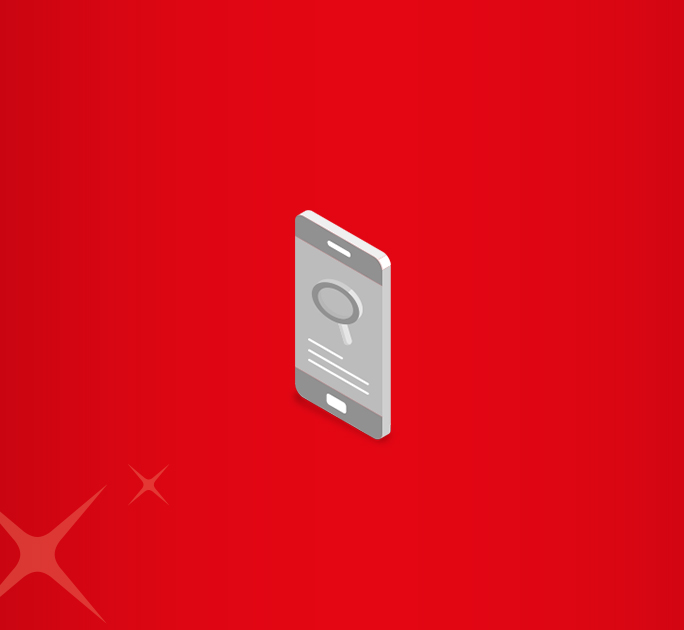- Save
- Invest
- Borrow
- Pay
- More
- Customer Services

Guide to Achieving Financial Independence
Becoming financially independent means having enough cash flow, investments, and assets to support your desired lifestyle without having to depend solely on your income. In recent years, there has also been growing popularity of the concept known as Financially Independent Retire Early (FIRE), an idea which essentially focuses on growing your wealth in the shortest amount of time.
This guide covers all the methods and financial instruments that can help you to achieve financial independence.
How to Become Financially Independent
If you want to start to become financially independent, it will require you to put together a well thought out strategy, as well as a level of financial discipline. To get started, let’s have a quick look at some of the best practices to set the base:
- Review your current situation when it comes to your finances. Start by listing out your expenses as well as your income.
- Next, set up a budget to better manage your spending. Make sure to keep track of any outstanding payments that may be due so that they don’t turn into bad debts.
- Focus on developing a diverse portfolio, primarily using secure tools such as fixed deposits and savings accounts, which can play an important role in your path to financial independence. DBS Bank’s savings accounts provide attractive interest rates and positive returns that remain unaffected by potentially volatile markets.
Financial Freedom Strategies
Financial independence is a path that gets simpler with definitive steps and relentless effort. Below are some real-life tips to help you:
- Prioritize Saving: Begin by saving a fraction of your income on a regular basis. Small amounts of money add up over the years and lay the foundation.
- Control Your Expenses: Monitor your expenditure and reduce unnecessary spends. Prioritize what is really of value to you.
- Grow Your Income: Find avenues to earn more, be it a side business, upskilling, or passive income sources.
- Invest Smartly: Spread your investments over opportunities such as mutual funds, SIPs, and fixed deposits to increase wealth gradually.
- Manage Debt: To free up more funds for savings, pay off high-interest obligations as soon as possible and refrain from taking on new ones.
Following these steps with patience and discipline will help you move confidently toward financial independence. Now let’s cover the financial instruments you should focus on to grow your wealth and achieve financial independence.
The Role of Fixed Deposits in Achieving Financial Freedom
When you start to make investments to grow your wealth, opening a fixed deposit can be a gret step to start with. Not only does it help grow your funds but offers peace of mind. Here are some significant features of a fixed deposit:
- Security and Stability: Fixed deposits are not affected by the market fluctuations, making them a relatively stress-free investment.
- Guaranteed Returns: With fixed deposit interest rates, you know exactly how much you will earn when the deposit matures, which leads to effective financial planning.
- Flexible Investment Tenures: While fixed deposits are locked in, investors can choose different rates of maturity, from 7 days to 5 years and more.
- Compounded Interest Benefits: Choosing to invest in longer term fixed deposits allows interest to compound on your savings, significantly increasing your returns over time.
Expanding Wealth with Mutual Funds
Mutual funds are a popular choice for building wealth and achieving financial independence. They provide diversification across various asset classes, professional fund management, and easy access for investors at all levels. With low minimum investments and the ability to choose from equity, debt, or hybrid funds, mutual funds offer flexibility and transparency, making them suitable for both beginners and experienced investors.
Building Discipline with Systematic Investment Plans<
SIPs allow you to invest a fixed amount regularly into mutual funds, promoting disciplined investing and harnessing the power of compounding. By investing consistently, regardless of market conditions, SIPs help average out costs and reduce the impact of volatility, making them an effective strategy for long-term financial independence.
Setting Up an Emergency Fund
Emergency fund is crucial for any individual’s savings plan. The commonly recommended amount one should save is 3 to 6 months’ worth of bills that might arise, from going to the doctor unexpectedly to surviving through a few months of unemployment. As an investor, routinely store away a modest sum and put it away into a high yield savings account to make it grow as time passes.
Tax Planning and Benefits
Optimizing your tax planning can help you avail tax benefits such as the INR 75,000 rebate for salaried professionals while ensuring you are compliant as per tax laws. It is advisable to consult with a tax specialist for assistance.
Also Read: How Can a Savings Account Help in Fund Readiness
Common Pitfalls to Avoid
Do not fall into the trap of overspending on non-essentials and park in a fixed or recurring deposit, or any other investments. Only withdraw the funds from them in the case of an emergency, giving yourself the best possible platform for steady financial growth. Keep a track on your savings, transactions and investments on a regular basis.
Conclusion
In summary, financial independence is an outcome of well-thought-out plans and the shrewd use of financial tools, such as savings accounts and fixed deposits. DBS Bank offers ways to grow your wealth through savings account, fixed deposits and more. Get started today by opening a savings account online and get started on your journey to financial independence and stability.







